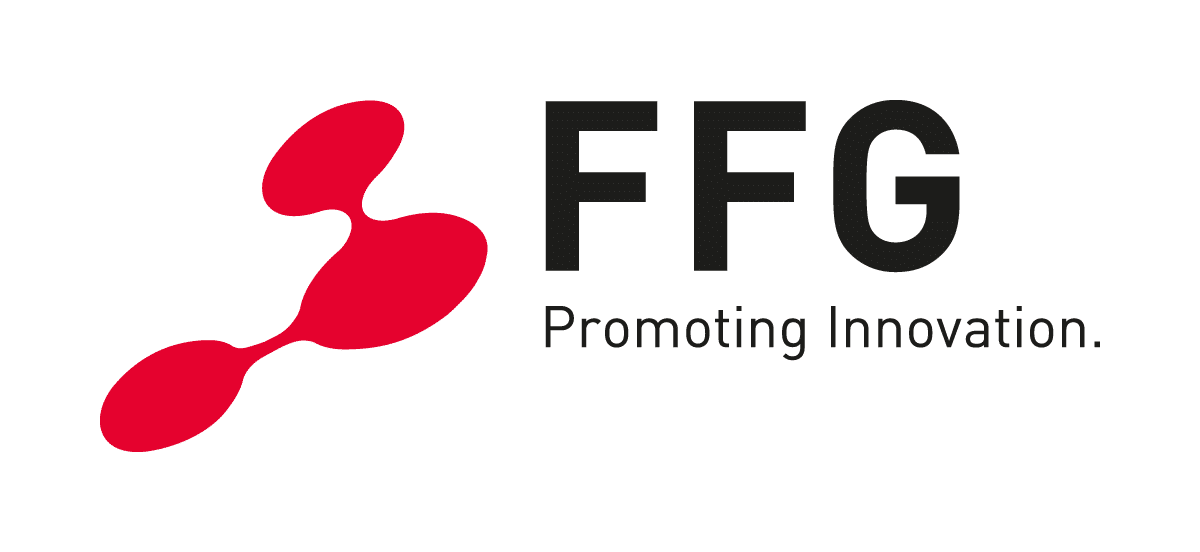Research Topics
Financial Technologies
New technologies like crypto assets are reshaping global finance, creating unprecedented opportunities – but also challenges, including cybercrime. We are developing sophisticated computational methods to understand these complex financial ecosystems and help protect them against fraud.
Over the past decade, global finance experienced significant changes, with the rise of crypto assets (e.g., Bitcoin or Ethereum), the emergence of decentralized finance (DeFi) services, and the adoption of distributed ledger technologies. Central bank digital currencies (CBDCs) are being introduced, and emerging markets are shifting from traditional Western banking and card models towards alternative payment systems – often integrated with social media platforms. While these innovations offer new global economic opportunities, they also create risks. Challenges, ranging from tax evasion to criminal activity on the darknet, underscore the difficulties of regulating and monitoring the digital economy.
We develop novel algorithmic methods to understand how these new financial ecosystems function. Our aim is two-fold: first, we offer insights into the structure and dynamics, the actors involved, and overall systemic risks to policymakers and regulatory authorities. For instance, we assist law enforcement agencies in effectively tracking illicit cryptoasset flows to prevent and combat cybercrime. We develop robust methods of user verification to ensure that organizations using platforms in the new financial ecosystems are compliant with anti-money laundering and counter-terrorism financing regulations. Second, we look for new ways to ensure the privacy and security of personal data of individual users using emerging financial services.
Goals
- Understanding how emerging financial ecosystems operate
- Assisting authorities in countering cybercrime that abuses financial technologies
- Protecting consumers’ privacy in financial innovations and new technologies
- Providing data and computational expertise for interdisciplinary science









